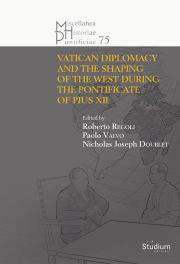
Vatican Diplomacy and the Shaping of the West during the pontificate of Pius XII
The Holy See’s diplomatic action during the pontificate of Pius XII (1939-1958) was undoubtedly multifaceted and adapted to fluid political conditions, from the tragedy of the Second World War to a new world order animated by a desire for peace, but indelibly marked by the divisions fostered by the Cold War.
It was Pius XII’s firm conviction, nurtured since the final years of the pontificate of his predecessor Pius XI, that only in the return to a truly Christian civilisation and a worldview inspired by Christian principles could a sufficiently strong antidote to the evils of war, atheism and materialism be found, providing a solid basis for a new international order that would ensure lasting world peace.
This inner conviction had to reckon, especially after the end of the Second World War, with the emergence of an idea of Western civilisation – conveyed by the growing processes of economic, political, cultural and social globalisation – as an organic entity, animated by the same basic democratic values and a capitalist development model, with the United States dictating the agenda, in contrast to an Eastern bloc, under the grip of communist ideology.
This volume seeks to examine how–and to what extent–the actions of papal diplomacy, from the outbreak of the Second World War to the end of Pius XII’s pontificate, engaged with or expressed distinct conceptions of the West, particularly in light of newly available archival evidence from the Vatican archives.
Edited by Roberto Regoli - Paolo Valvo - Nicholas Joseph Doublet
Caratteristiche
Anno: 2025Numero pagine: 320
ISBN: 978-88-382-5585-4
Questo articolo è disponibile

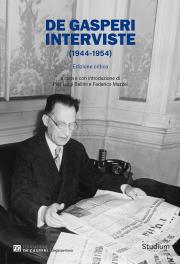
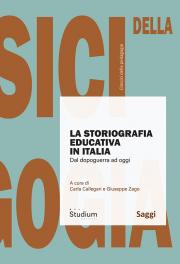
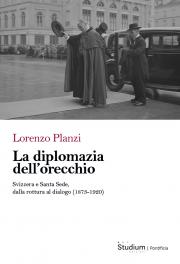
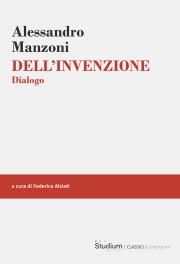
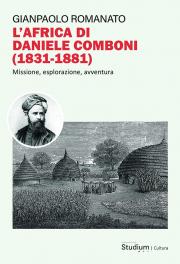
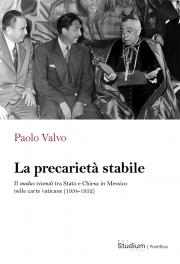
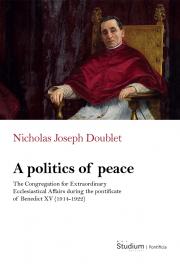
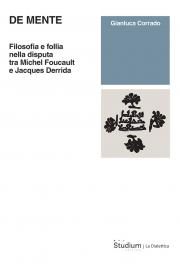
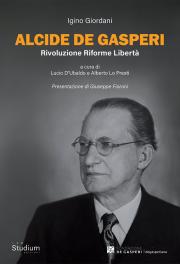
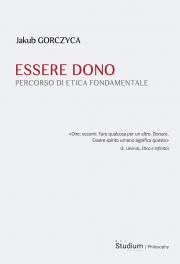
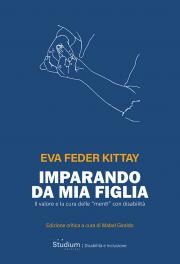
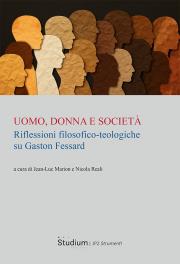
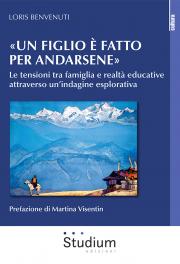
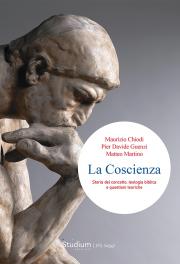
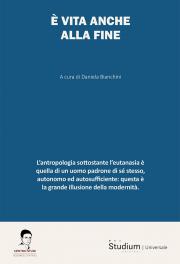
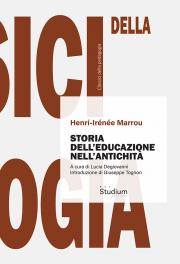
Commenti
> torna su